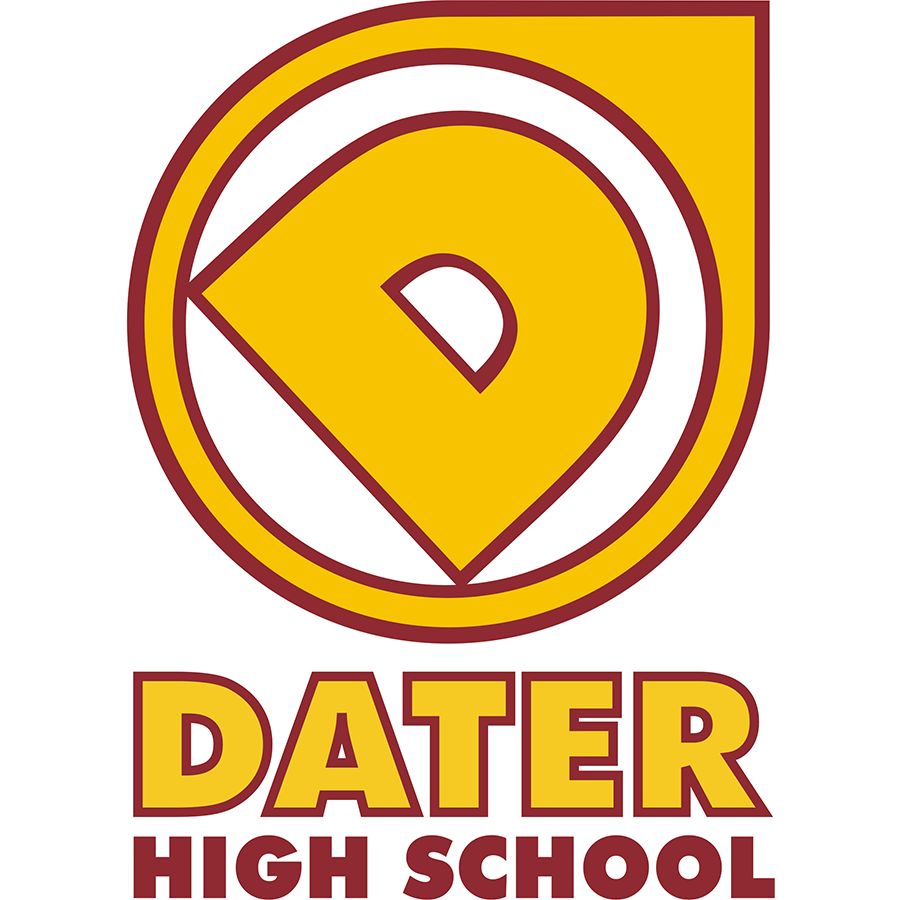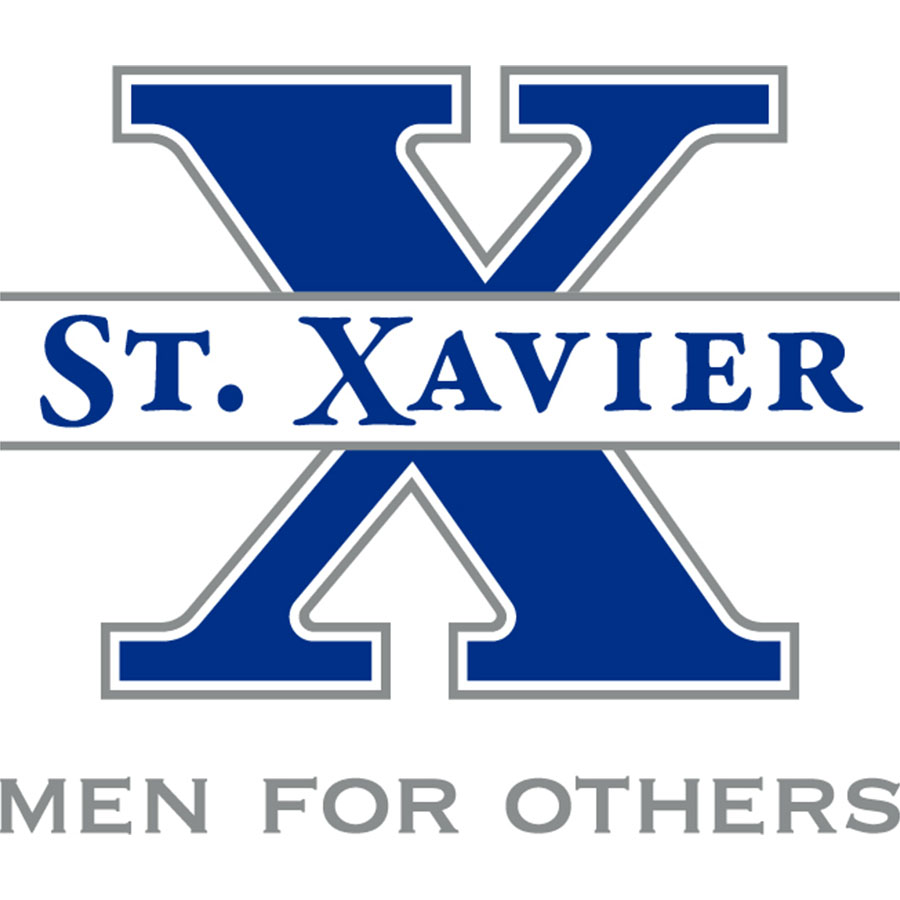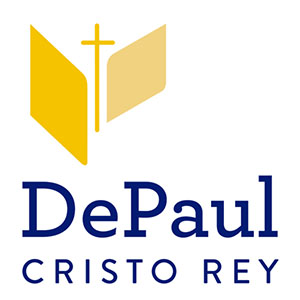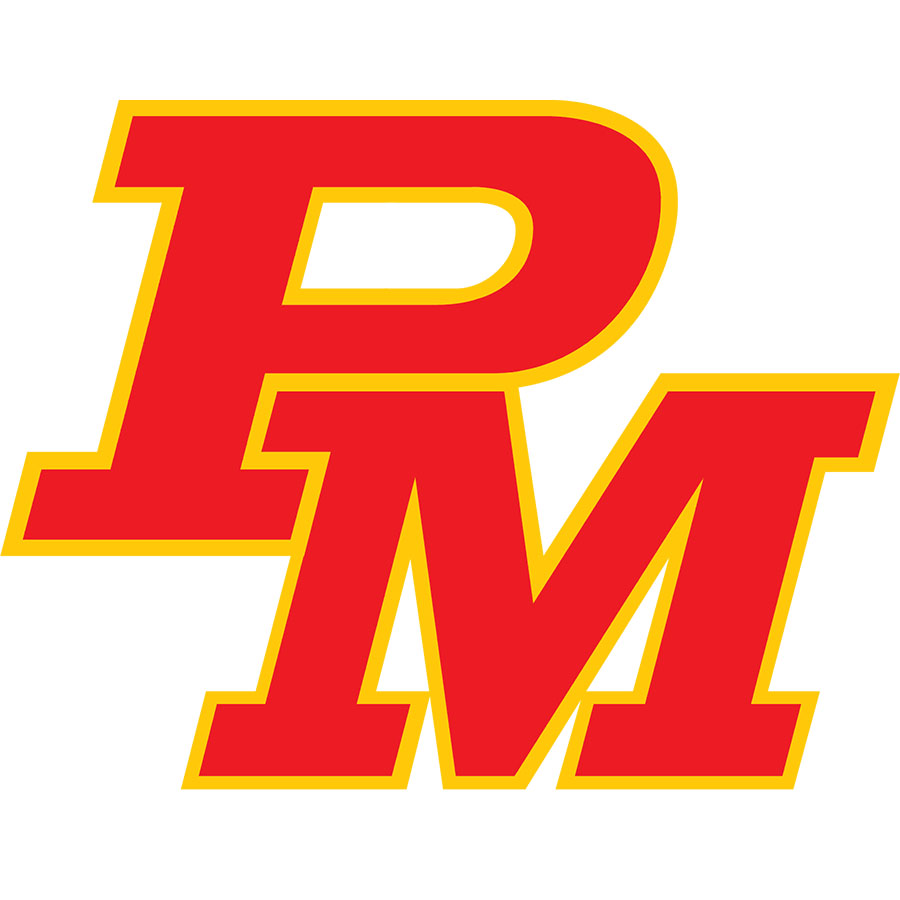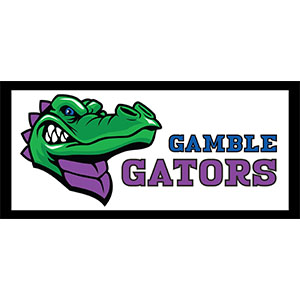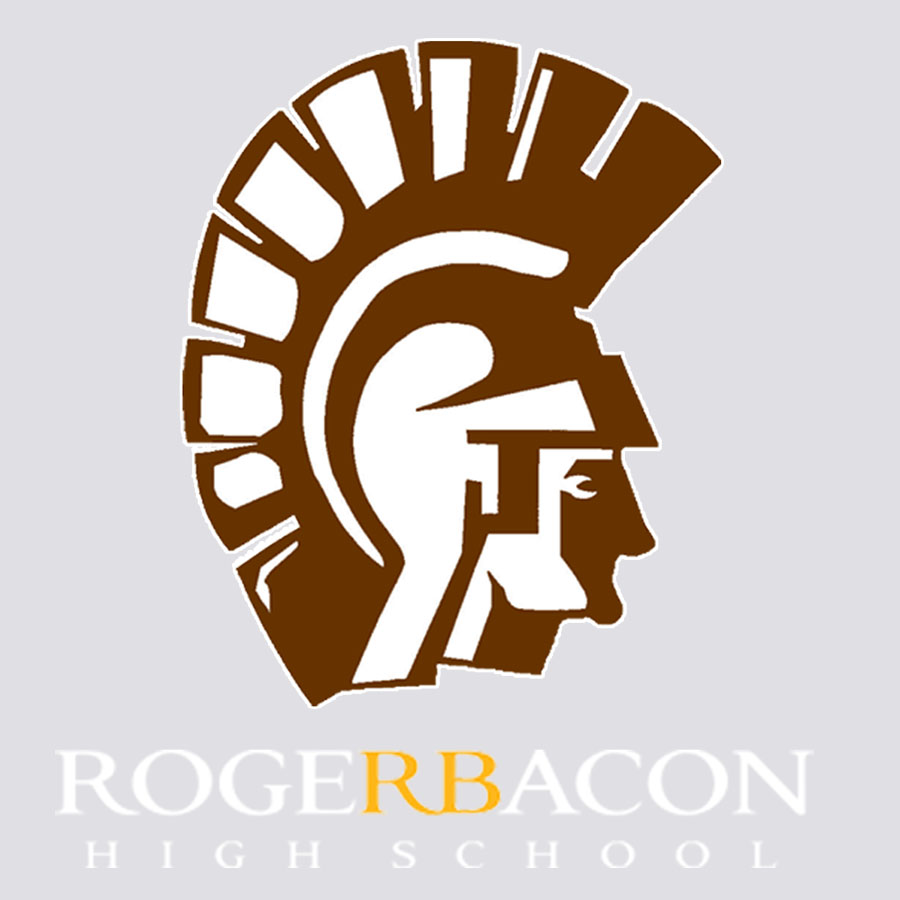Greater Cincinnati Regional High School Ethics Bowl
Saturday and Sunday, January 25 and 26, 2025 – Carl H. Lindner College of Business building
(subject to change)
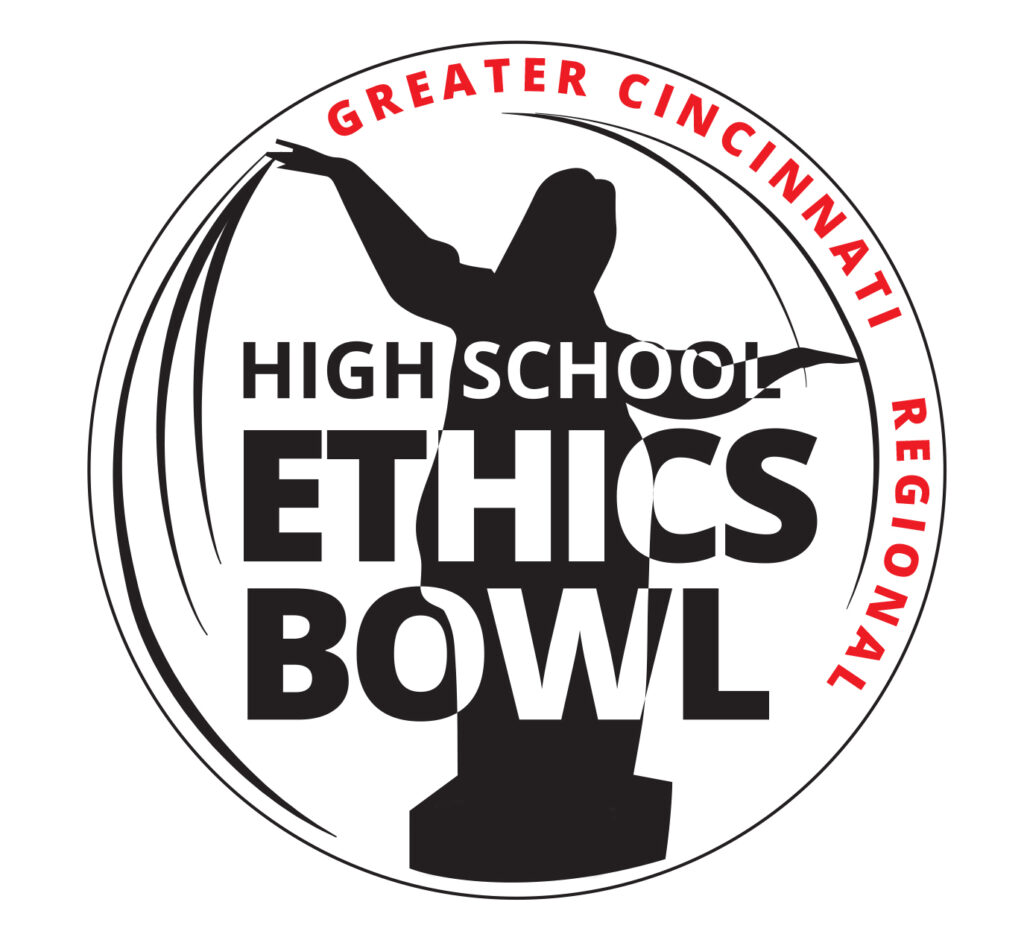
The Cincinnati Ethics Center and University of Cincinnati will host the 3rd Annual Greater Cincinnati Regional High School Ethics Bowl on Saturday, January 25 and 26, 2025. The event is slated to take place in the Carl H. Lindner College of Business building in the heart of UC’s campus. All area high schools are encouraged to participate.
Ethics Bowl is a debate style competition but is very different from debate. Its founder, Bob Ladenson, views it as scoring a conversation and teaching people how to engage in dialog. It is a competitive yet collaborative event in which students discuss timely real-life ethical issues. Students are not assigned opposing views; rather, they defend whichever position they think is correct, provide each other with constructive criticism, and win by demonstrating that they have thought rigorously and systematically about the cases and engaged respectfully and supportively with all participants.
The winner of the Greater Cincinnati Regional will represent the region in the Northeastern Divisional (held virtually) competition. If the team wins its round they move on to represent the region at the National competition held on the campus of UNC-Chapel Hill.
Ethics Bowl Season Calendar
Important dates to know
(some exact dates are based on information released by the National HQ)
| August 20, 2024 | Ethics Bowl 101 – New Coaches Workshop 6-7pm (virtual via Zoom) Discover how to launch and coach an Ethics Bowl team at your school or community organization. Registration Required |
| September, 2024 | Ethics Bowl Cases released by NHSEB HQ, Greater Cincinnati Regional registration opens, and NHSEB HQ registration opens (teams must register for both). |
| October 5, 2024 | K-12 Ethics for Teachers Workshop – Earn 6 Professional Development Hours. This workshop helps you incorporate ethics education into your existing curriculum and is suitable for educators of all subjects. Registration Required |
| January 3, 2025 | Greater Cincinnati Regional Registration Closes. |
| January 25, 2025 | 3rd Annual Greater Cincinnati Regional High School Ethics Bowl Prelims. All teams will compete in 4 rounds with top 8 scoring teams advancing to Sunday’s elimination round. |
| January 26, 2025 | 3rd Annual Greater Cincinnati Regional High School Ethics Bowl Prelims. Top 8 scoring teams from prelims compete in the Great 8, Final 4, Semi-finals, and Final. All teams advancing to the Semis are required to stay to participate in the awards ceremony. Trophies awarded to top four teams. |
| February, 2025 | Northeastern Division competition (virtual) – only winner from regional participates. |
| April, 2025 | NHSEB National Championship, UNC Chapel Hill if regional winner, wins divisional – CEC helps underwrite travel |


2024 Champions

2nd Place

3rd Place

4th Place
Volunteers Needed
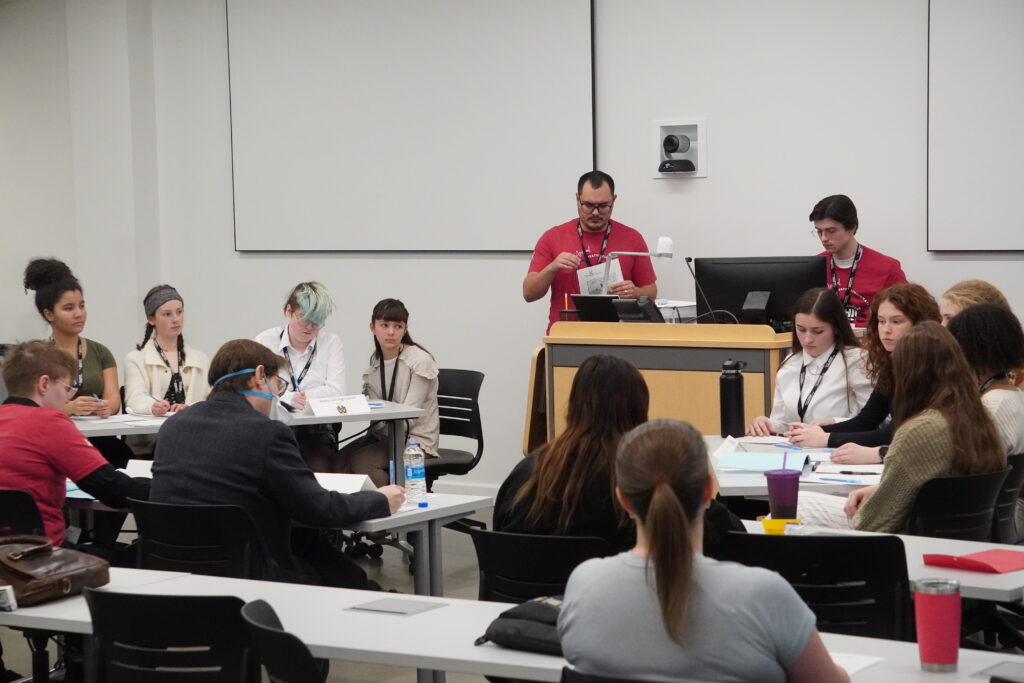
Teams, judges, moderator, and room assistant.
The Greater Cincinnati Regional High School Ethics Bowl cannot be held without a strong showing of volunteer support. Volunteers can come from many walks of life: community members, local current or retired professionals or, alumni, faculty, staff, graduate, and undergraduate students from UC. In addition to general volunteers that can help with event logistics, three key roles that must be filled for each match are: Judges, Moderators, and Room Staffer.
Judges
A panel of three judges is used to score each match of the competition. A judges role is to gauge a team’s breadth and depth of thought as applied to a specific case and score it on and official scoresheet based on scoring criteria provided by NHSEB. A judge cannot not have any obvious conflicts of interest, i.e. be a coach or parent of a participating team, teachers from the school of a participating team, etc. A judge does not need to have a background in philosophy or ethics education nor come from the field of academia. They should be familiar with the case set in advance of the competition, listen earnestly and take notes during the team’s presentation, so they are prepared to ask thought provoking questions based on the case and the presentation of the presenting team during the Q&A portion of the round. These questions are geared to force the teams to think on their feet, since that can’t prepare in advance for the questions. They also give judges more insight into the breadth and depth of the team’s analysis of their case.
Moderators
Moderators, one per match, are the time keepers of the match; helping the event stay on schedule and ensuring that all teams have equal opportunities to express their arguments. Moderators are provided with a script they are strongly advised to adhere to and minimize the impulse to improvise. This year the NHSEB has also added a Composite Scoring Report form to the moderator duties. It will be the moderator’s duty to fill in the judges score from that round, signing the form to verify its accuracy, and giving opportunity to coaches to photograph or take note of it before turning it in. The ability to read and manipulate a stopwatch are the are the skill sets needed to be an effective moderator. Also teams may be nervous, so a calming, at ease, demeanor is beneficial.
Room Staffer
Room staffers are assigned to each competition room to make sure judges and moderators have all the tools (cases, pens, pads, water, etc) needed for the round. They make sure the teams, judges, and moderator are in the right room at the right time. They work to solve minor issues that may arise and if they can’t solve them they quickly seek out a primary event organizer. They are the first person people see when entering a room and thus set the tone by bestowing smiles, pleasantries as people enter the room. A room staffer should be prepared to step in as a Judge or Moderator if the need warranted.
Registration/Hall Monitor
People in this category will help check-in teams and volunteers and/or be assigned to specific areas of the building to direct teams to their correct competition rooms. Directional assistance is vitally important at the start of the competition as teams may not know the lay of the building and its important they find their rooms quickly in order to not delay the start of the round. This role will involve a lot of standing.
Frequently Asked Questions
2024 Participating Schools
Content provided on this page was obtained, in large part, from the National High School Ethics Bowl website.




